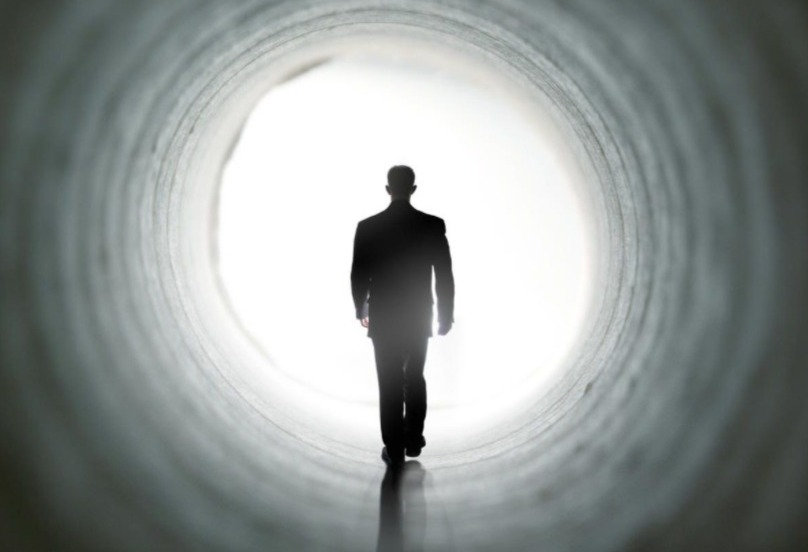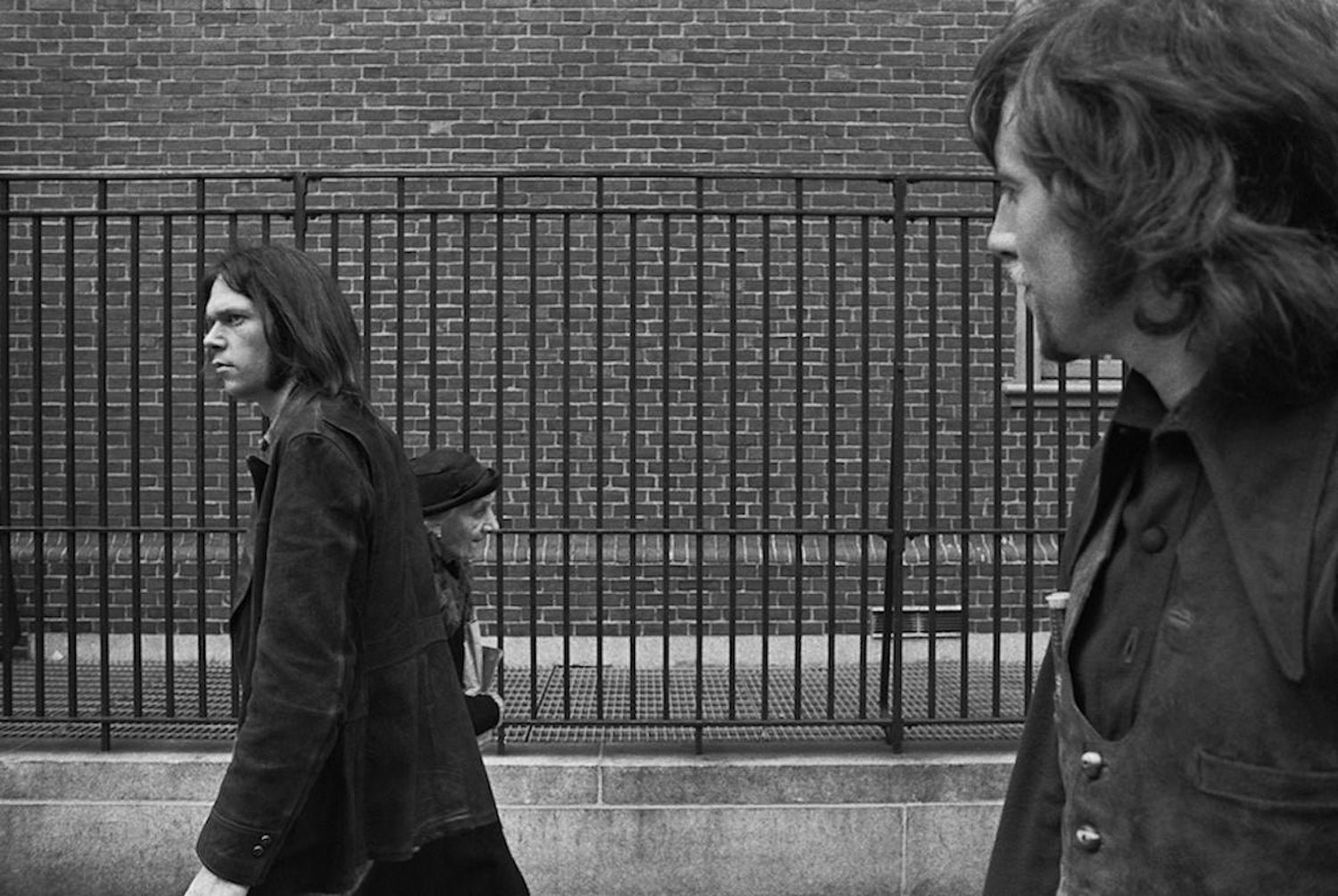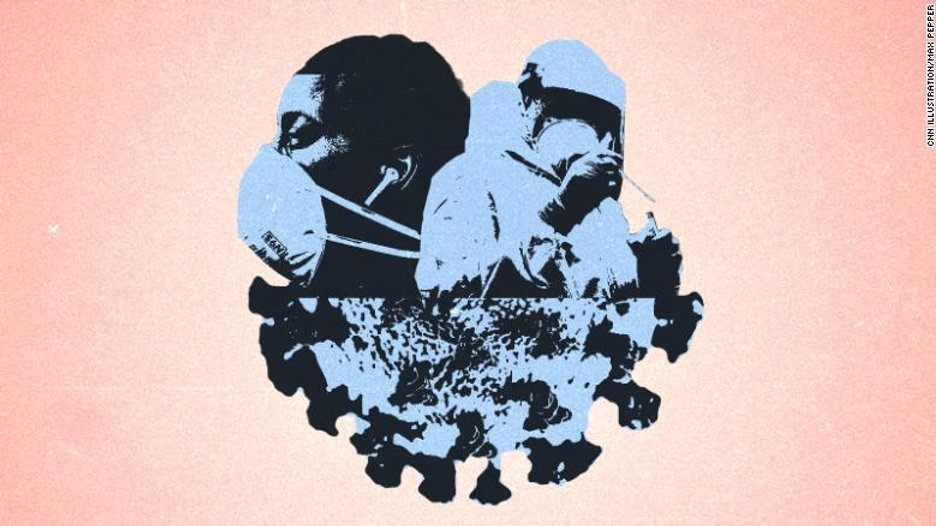The mystery of what happens when life ends has been on my mind for some time. To be honest, Im not so sure why this issue comes up, but I assume that it has something to do with the constant reminders of death in the news. Curiosity surrounding death what happens to people once our hearts stop beating and our lungs stop breathing has been explored since the advent of mankind. The fear of the unknown fuels the brain to want to know everything it can, and I believe that death, this inevitable experience, is universally considered. Death acts as a boundary to life, pulling us out of our mortal existence. Some people fear it, some accept it, and others view it as a reminder of how short our time on this planet truly is on a cosmic scale. Nobody knows what happens after death, as nobody has even returned. However, I am inclined to believe that the way a person views death has a direct impact on how one lives ones life.
The way we view death can be influenced by a number of things, including religion, art, literature, family, friends, and the media. Every person has his or her own theory about what happens after death, but I have attempted to group these thoughts into three categories: reincarnation, an afterlife, and utter nothingness. Which category one aligns with correlates to how one considers ones life at a conscious and subconscious level.
First, let’s explore the idea of reincarnation. Though each religion perceives it differently, reincarnation has been incorporated into many different religions, including major ones such as Hinduism and Buddhism. Regardless of minute differences in understanding, the shared belief is that after death one’s soul leaves ones mortal body and travels into a different mortal body. Whether the soul travels into the body of another person, some sort of animal or plant, or into another planet with alien life, we do not know, but reincarnation promises a life of never ending, or at least prolonged, experience. A common belief is that the organism into which one is reincarnated is directly chosen based on how one lived ones previous life. Therefore, those who believe in reincarnation try to live with good morals in order to be reincarnated into something good. These individuals most likely try to gain a lot of experiences out of their lives. They understand that death is not the end for them and that they will simply continue to live as something or someone else. Never knowing what that something else is or whether one may be a human again, an individual is inclined to make the most out of mankind.
The second idea is that of an afterlife. According to this belief, once a person dies, his or her soul becomes free of its mortal body and travels to an unknown realm, such as Heaven, where it exists for eternity. Christianity, Islam, and Judaism all mention the afterlife in their sacred texts and are proponents of this idea. Those who believe in the afterlife live their lives following a certain set of rules that they think will guarantee them a path into a paradise like Heaven. According to many of these belief systems, if one does not follow a religions rules he or she risks ending up in a realm like Hell, a torturous prison worse than life on earth. Those who believe in an afterlife will most likely remind themselves that there is something much better after life on earth, and they may not live to the fullest in anticipation of what will happen next. Knowing that something better may come in the future if one denies his or her desires can cause one to focus on so-called moral questions over earthly fulfillment. In this way, adherence to these religious rules may help one become the best version of oneself, allowing one to accomplish a lot on Earth.
Finally, the third, and possibly most scary of the three ideasabsolute nothingness, the thought that after we die our soul ceases to exist, and we are left to lie in eternal darkness with no thoughts, no emotions, and no feelings. One who believes in this theory is most likely to fall under one of two categories. Either one is extremely cautious because of the fear of ones life ending, so one attempts to live for as long as one can. Or one lives ones life to the fullest, trying to accomplish as much as one can in ones time on Earth. These individuals often attempt to leave their marks on society, so that even after they are gone, their names will continue to live through the minds of people for a very long time.
It is possible that I am wrong about this. I analyzed each one of these types of ideas from a personal perspective, considered a few conversations with friends, and a few ideas from movies Ive watched and biographies Ive read. The truth of what really happens after our death, I will not know until the right time has come. But I do think that we should not fear it. Death is something that is unavoidable and natural. It gives us a sense of time, and also allows for the clock of cosmic time to keep on ticking.

 Album review: After the Gold Rush by Neil young
Album review: After the Gold Rush by Neil young